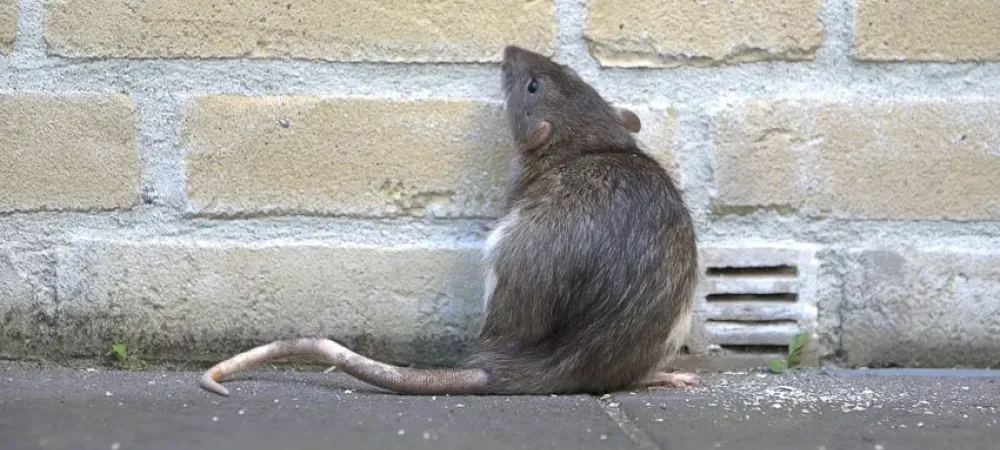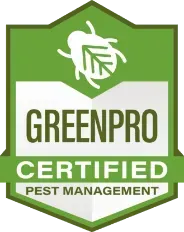How to Identify and Prevent Rodent Infestations in Utah Homes

Rodents like mice and rats are common pests that can cause significant problems for homeowners in Utah. As temperatures drop, these creatures seek shelter indoors, making homes their ideal nesting spots. Understanding how to spot the early signs of a rodent infestation and prevent one from occurring is key to keeping your home safe and healthy.
Common Signs of Rodent Activity
Rodents are elusive creatures, but they often leave behind clues that hint at their presence. Here are a few key signs to watch for:
- Droppings: Small, pellet-like droppings are one of the most obvious indicators of a rodent infestation. You’ll often find them near food sources, in cupboards, or along baseboards.
- Gnaw Marks: Rodents chew on various materials to keep their teeth sharp. If you notice gnaw marks on food packaging, furniture, or even wires, it’s likely there’s a rodent problem.
- Nocturnal Noises: If you hear scratching, scurrying, or squeaking in your walls or attic, you may have rodents nesting nearby. They are most active at night.
- Nests: Rats and mice build nests from materials like shredded paper, fabric, or insulation. These nests are often hidden in dark, undisturbed areas like attics or basements.
Why Rodent Infestations are Dangerous
Rodents can cause significant damage to both your home and health. Mice and rats are known carriers of diseases such as Hantavirus, Salmonella, and Lymphocytic choriomeningitis (LCMV). They can also contaminate food supplies with their droppings and urine. Additionally, their constant gnawing can damage electrical wires, increasing the risk of fires.
Steps to Prevent Rodent Infestations
Prevention is the best way to avoid the stress and damage caused by rodents. Here are a few steps Utah homeowners can take to keep rodents at bay:
- Seal Entry Points: Rodents can squeeze through small gaps as tiny as a quarter inch. Inspect your home’s exterior for cracks, holes, and gaps around windows, doors, and utility pipes, and seal them with caulk or steel wool.
- Store Food Properly: Keep food in airtight containers, especially in the pantry and kitchen. Don’t leave pet food out overnight, as this can attract rodents looking for an easy meal.
- Maintain Yard Cleanliness: Trim back bushes and trees that are close to the house, and keep firewood stored at least 20 feet away from your home. Rodents often use overgrown vegetation as cover to access your home.
- Remove Clutter: Rodents love hiding in cluttered spaces. Keeping basements, attics, and garages organized reduces potential nesting sites.
- Inspect Regularly: Regular inspections of your attic, basement, and other low-traffic areas can help you spot rodent activity early, before an infestation gets out of control.
What to Do if You Suspect a Rodent Infestation
If you suspect that rodents have already made their way into your home, it’s important to act quickly. Setting traps and removing food sources can help in the short term, but professional rodent control is often needed for long-term success. An expert can inspect your property, remove existing rodents, and advise you on how to keep them from returning.
By taking preventive measures and staying vigilant, Utah homeowners can reduce the risk of rodent infestations and keep their homes safe from these pesky invaders.


